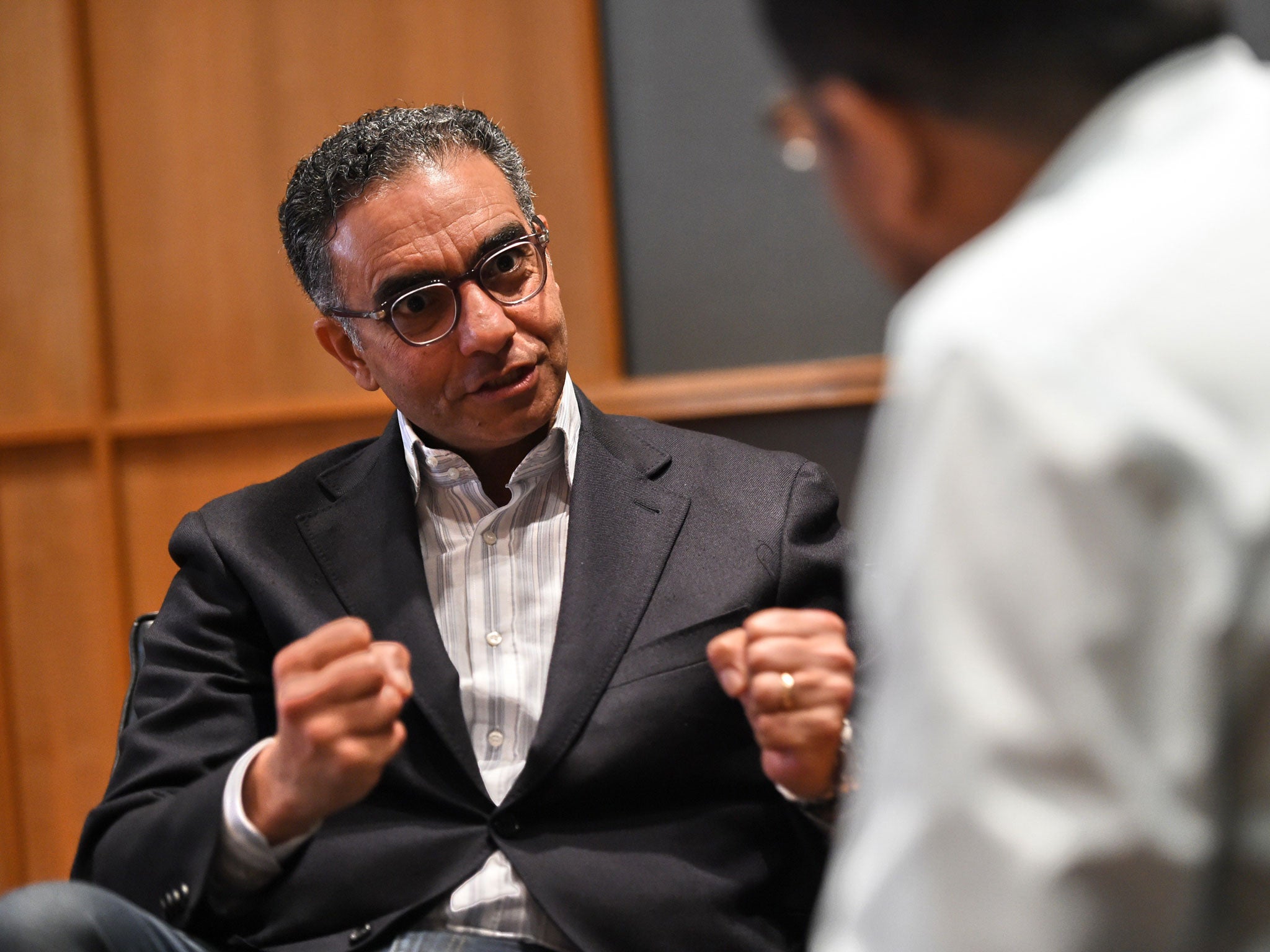US government to surrender control of internet administrator ICANN
Foreign governments, businesses and individual users will have a stake in how domain names and internet protocols (IPs) function in symbolic step towards decentralization

Your support helps us to tell the story
From reproductive rights to climate change to Big Tech, The Independent is on the ground when the story is developing. Whether it's investigating the financials of Elon Musk's pro-Trump PAC or producing our latest documentary, 'The A Word', which shines a light on the American women fighting for reproductive rights, we know how important it is to parse out the facts from the messaging.
At such a critical moment in US history, we need reporters on the ground. Your donation allows us to keep sending journalists to speak to both sides of the story.
The Independent is trusted by Americans across the entire political spectrum. And unlike many other quality news outlets, we choose not to lock Americans out of our reporting and analysis with paywalls. We believe quality journalism should be available to everyone, paid for by those who can afford it.
Your support makes all the difference.The US government will surrender control of the internet’s underlying technology this year, for the first time since American academics launched the network 47 years ago.
The non-profit body which administrates domain names and internet protocol addresses (IPs) globally is set to become independent from the US Department of Commerce on September 30, after nearly 20 years of fighting for decentralization.
The Internet Corporation for Assigned Names and Numbers (ICANN) will instead be governed by a “multi-stakeholder” model, including businesses, individual users and members of foreign governments.
The CEO of ICANN, which does not control internet content but is akin to a “traffic cop” checking that network addresses are securely registered and function properly, has played down the move.
"People have aggrandized the role of the US government in what we do”, Fadi Chehadé told AFP. “But the change is actually minimal. It's important symbolically because the US was really a steward for the internet, but for day-to-day accountability, it is minimal."
Congress will hear plans in the coming weeks for the transition process, which is expected to take place when ICANN's mandate from the US government expires naturally on 30 September. US politicians and corporations have expressed concerned that their government is “giving away” the internet, and that rising powers such as China and Russia may hijack control.
“A takeover of the non-profit Internet Corporation for Assigned Names and Numbers by the Chinese, the Russians or some combination of governments unfriendly to…the democratic process is a possibility that must be taken seriously”, wrote Peter Roff in US News.
Mr Chehadé denied this is possible, saying "we have a very solid process that ensures this is not a ‘capturable’ board".
He called critics’ concerns “justified” and “genuine” and said “being prepared to address them is crucial”.
But “the status quo was no longer sustainable,” Mr Chehadé told Motherboard. The global nature of the internet “made it incredibly hard for ICANN to continue doing its critical role under the control of one party, whoever that party is, whether it is a government or a company”, he said.
ICANN’s decentralization “should demonstrate that a bottom-up, multi-stakeholder consensus process can produce outcomes that are good for the internet”, vice-president Sally Shipman Wentworth of The Internet Society (IANA), an independent organization involved in the process, told Motherboard.
Join our commenting forum
Join thought-provoking conversations, follow other Independent readers and see their replies
Comments